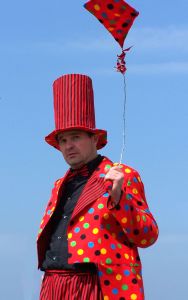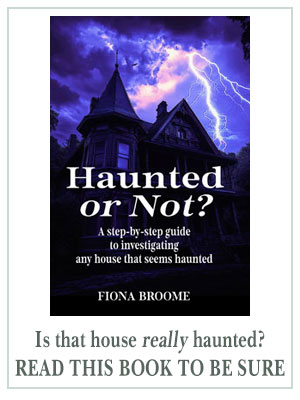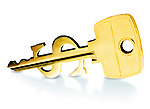 Can you earn a living as a ghost hunter?
Can you earn a living as a ghost hunter?
Maybe. As they say, “Don’t quit your day job.”
In general, few ghost hunters can support themselves without charging for some aspect of what they do.
I first wrote the following article in 2008. I’ve updated it a few times since then, but it’s impossible to be 100% current regarding income in the paranormal field.
I’ve updated it for 2021, when the Covid lockdown had a major impact on ghost hunting.
(In 2012, I wrote a related article that may shed a slightly different light on this field: Making Money in Ghost Hunting.)
To be honest, I have no idea whether ghost hunting will be a viable career field in the future.
So, use this as a starting point, and carefully examine any income sources that appeal to you.
Since around 2002, the following have been the main income sources in this field.
Professional ghost investigations – not recommended
A few ghost groups and individuals charge a fee to investigate private homes and businesses. They may charge per hour or a flat fee for a certain number of hours plus a printed illustrated report.
The number of them charging a fee… that’s dwindling daily. (As of 2017, I don’t know anyone who does this.)
Today, most ghost investigators — including some of the most competent and experienced people in this field — work free of charge.
The sleazes in this field — people who are eager to make a quick dollar at the expense of vulnerable people — their true colors are becoming more & more obvious now.
I’m not saying that you have to work for free or pay expenses out of your own pocket.
However, by the time most people actually admit they have a ghost problem, they’ve probably lost their jobs due to stress and lack of sleep, and they’re in desperate financial shape.
Personally, I can’t accept a cent from them. It feels immoral.
So, I can’t recommend investigating for a fee.
Teach ghost-related classes – success varies
Some paranormal professionals teach classes related to ghost hunting. Assuming there’s interest in your community, here are a few options:
- You can teach privately.
- Your adult ed program or community group may ask you to teach a workshop or class series.
- A local college may hire you to teach informal or for-credit classes.
Teaching can be profitable, as well as rewarding on a personal level.
But, not everyone is comfortable speaking to groups. In addition, paranormal studies can attract quirky, independent-minded people.
Flexibility and a sense of boundaries are essential for a teacher. If you can handle that, it’s a fine career choice.
You’ll meet fascinating, intelligent people. Everyone has a story to tell, and every day–and class–is more interesting than the previous one.
Work as a media consultant – it works well for some
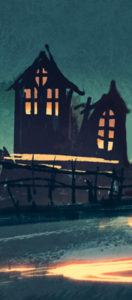 Movies and TV shows often rely upon professionals for insights, locations, historical research, script corrections, and advice on realistic special effects. However, these jobs are few and far between.
Movies and TV shows often rely upon professionals for insights, locations, historical research, script corrections, and advice on realistic special effects. However, these jobs are few and far between.
I’ve been a consultant for TV shows, usually off-camera, and—as I’ve made clear—I don’t recommend it to others.
Remember, most of my friends who’ve been on TV shows—even if they’re the stars of those shows—kept their day jobs or were supported by a spouse or partner. Despite rumors to the contrary, TV series don’t pay very well.
Learn as much as you can about this career field before accepting work.
Do space clearing – best in areas with a New Age community
Whether the house or business is plagued by ghosts, poltergeists, or some other negative energy, space clearing can be a fulfilling and interesting field. And, since many states’ laws require disclosure of ghosts when a house is sold, realtors can be a fine source of work.
If you can banish negative ghostly energy, the house is likely to sell for a much better price… and faster.
As you achieve results, you’ll also receive referrals to homes and offices that aren’t on the market but need help with negative energy and perhaps hauntings.
When I talk about this, many people raise an eyebrow and ask if it’s not just a placebo effect.
Yes, maybe it is, most of the time. Lapsing into geek mode, that concept fits with the “observer” factor in quantum studies.
All in all, if it makes people happy and it’s a benign practice, I don’t see anything wrong with that.
However, if this goes against your beliefs, don’t do it. It’s that simple.
I’m certain that something in space clearing works, in some cases. It’s a field that covers far more than ghosts and hauntings.
You can use prayer (a “house blessing“) or — at the other extreme — a sage smudge. It’s vital to use whatever fits your beliefs and the beliefs of the homeowner or realtor. (The latter is very important. Do not offend those who need your help. At best, you’ll annoy them; at worst, your efforts may backfire and attract unwanted, negative energy.)
For non-religious space clearing methods, I recommend books such as:
The way I look at space clearing is like using an air freshener: It should make the room (or floor or house) feel better. When you’ve finished, the site should seem lighter, happier, and cleaner.
Do not internalize this. It should not be a ritual, unless that’s your spirituality and everyone involved agrees with it.
If you offer this service, you’ll charge by the square foot or by the time spent commuting to the site and clearing it. Allow extra time for return visits to sites with very heavy energy or residual hauntings.
Debunk ‘hauntings’ (false anomalies) – opportunities have dwindled, but it may provide occasional income
There are many opportunities in this field. As I’ve already mentioned, realtors are dismayed when they have to tell a buyer that a property is haunted.
If you can prove that the house’s problems aren’t caused by ghosts, you’re providing a valuable service to the real estate community.
As a consultant, I’ve confirmed that something paranormal is going on at some locations.
However, at least 50% of the time, the real problem is wiring (elevated EMF), carbon monoxide, plumbing, squirrels (or racoons), or infrasound. So, it’s a good idea to work with a handyman who’s familiar with problems in local houses.
Some paranormal consultants charge a flat fee, up-front. That’s usually about $50, and it’s just for the diagnosis, whether the home is actually haunted or not. (Do not promise to fix the problem, yourself. If it’s a wiring issue or plumbing, that could get very expensive. Give that part of the job to the handyman who accompanied you during the inspection.)
Other consultants charge a percentage of the selling price of the home when the sale is complete. That can mean a far bigger paycheck, but only if the house sells.
Either way, get everything in writing.
Write articles – still viable, if you’re ambitious and a prolific writer
Magazines still offer the best paychecks, and competition isn’t as bad as you might think. Get a copy of The Renegade Writer, and use your public library’s copy of Writers Markets.
Some articles will sell for $15, others for $150, and a few for $1,500. If you’re good with words and “hooks” to sell your articles and interest readers, you can earn four figures per month, in your spare time.
Write books – unless you write for Llewellyn, go indie
I love being an author.
However, you’re not likely to get rich writing books for traditional publishers. I earn about 25 cents for each book sold by my traditional publishers, and that’s normal, even for best-selling authors.
Instead, become an indie author. You can write & publish your own books through Amazon, B&N, and other online booksellers.
You probably won’t earn a living from one book. You may not earn much from five or six books. However, if you’re a prolific author, you could support yourself with books.
Create a popular YouTube channel or Internet TV show – lots of competition
YouTube, Roku, and other services can provide great platforms for your videos.
All you need is a video camera (even the one on your phone) and Internet access. YouTube makes it simple. Alternatively, you can create a private channel on services such as Roku, build your audience, and be on your way.
If you’re an entertainer, this might be your opportunity. Remember that you’re competing with a lot of other ghost hunters who offer a wealth of free videos. Find a way to present something different that still appeals to people who loved the Ghost Hunters TV series, Paranormal State, or other TV shows.
And remember, Most Haunted (UK) returned in 2017. Ghost Adventures continues to attract viewers, too. So, there’s still an interest in ghost hunting, but it’s not what it was in 2004.
Even now, you can earn a living as a ghost hunter
Since 2008, it’s been increasingly difficult to earn a living as a paranormal researcher. In the U.S., opportunities have dwindled.
That doesn’t mean it’s impossible; it’s just challenging. Very challenging.
No two ghost hunters will make the same income choices. Compromises may be necessary.
You’ll also need to be creative and find niches well-suited to your interests and talents.
However, if you’re determined to earn a full-time living as a ghost hunter, you can do it.
Photos courtesy of GraphicStock.com
![]()

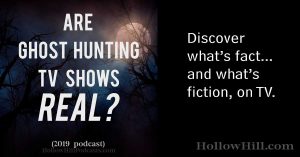
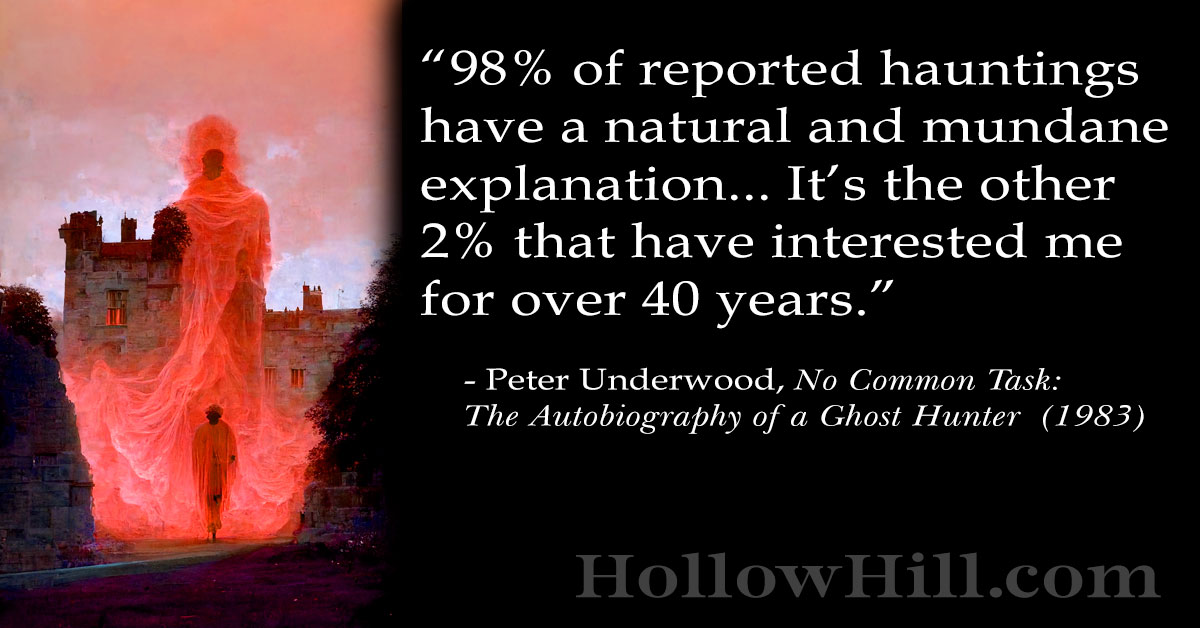
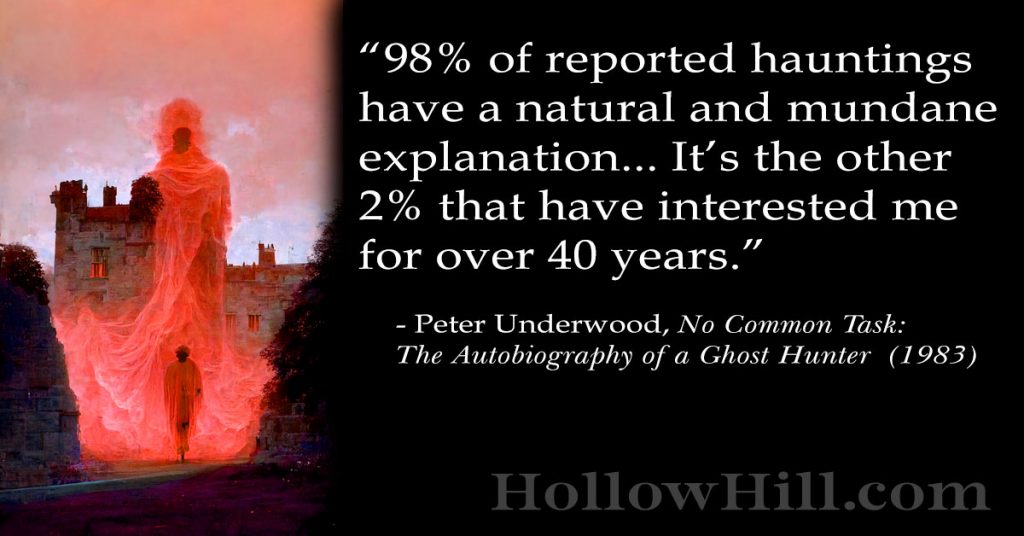

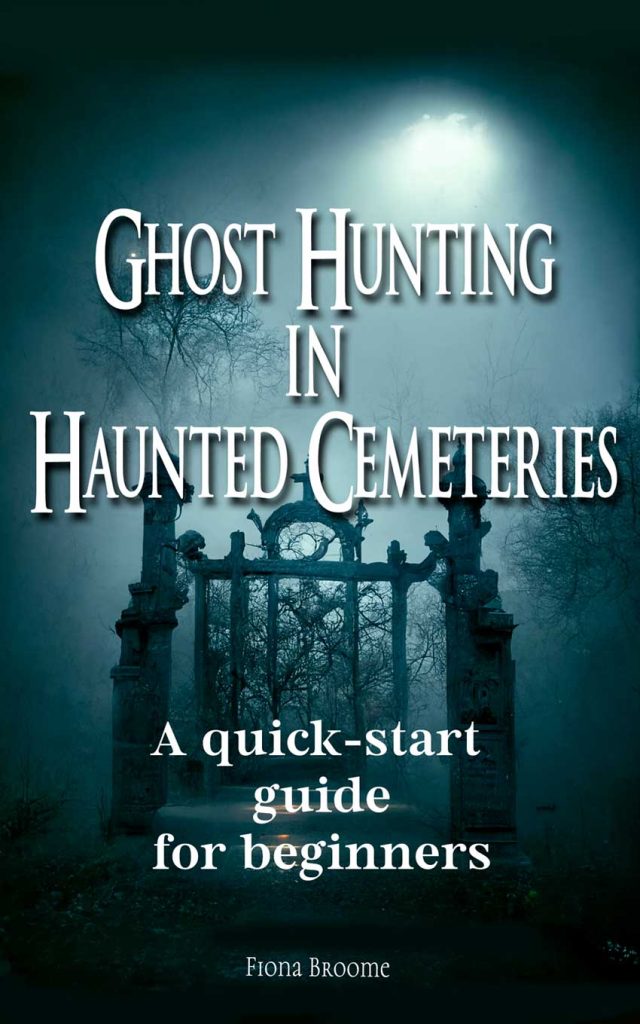
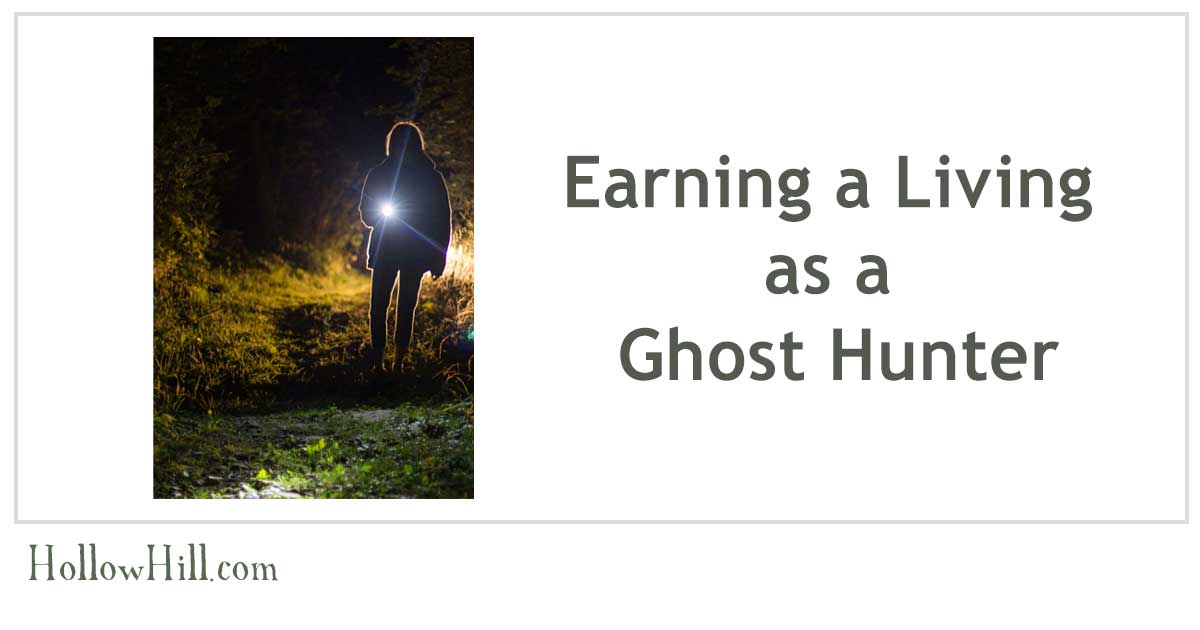
 Can you earn a living as a ghost hunter?
Can you earn a living as a ghost hunter? Movies and TV shows often rely upon professionals for insights, locations, historical research, script corrections, and advice on realistic special effects. However, these jobs are few and far between.
Movies and TV shows often rely upon professionals for insights, locations, historical research, script corrections, and advice on realistic special effects. However, these jobs are few and far between.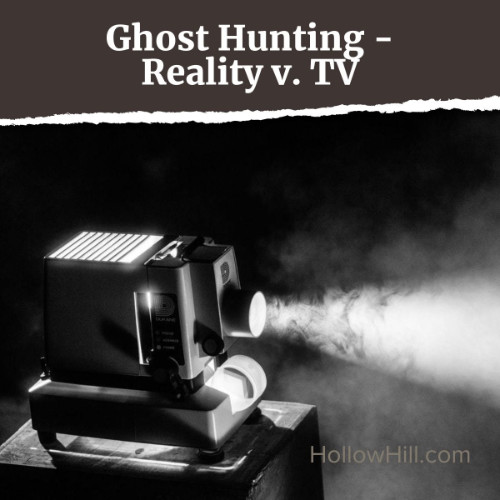
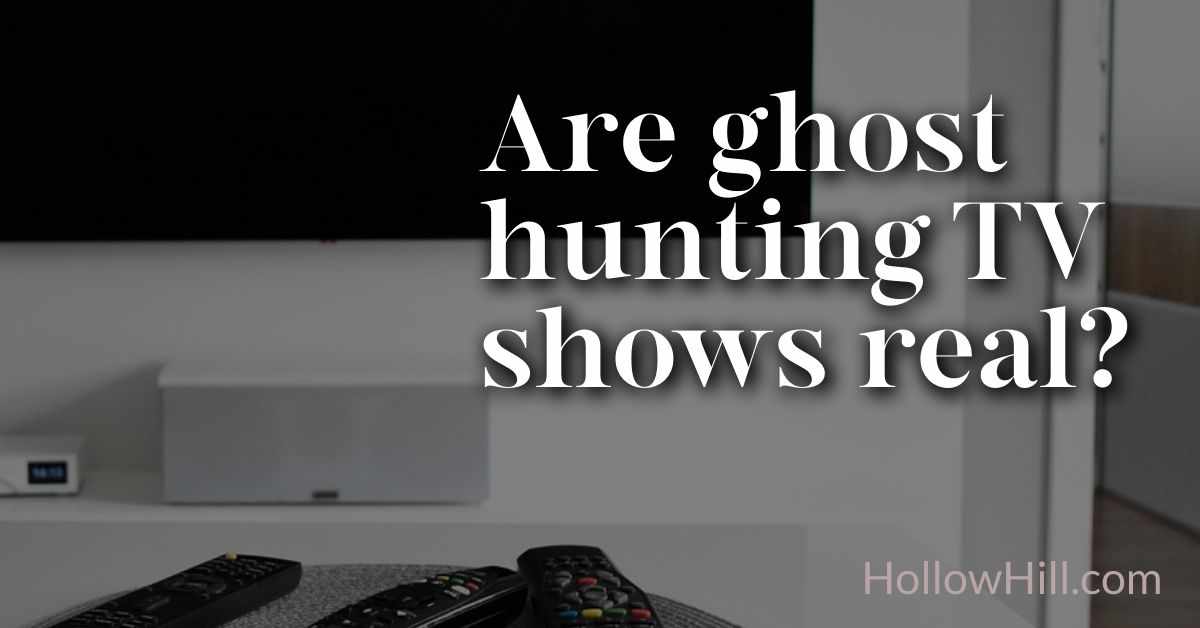
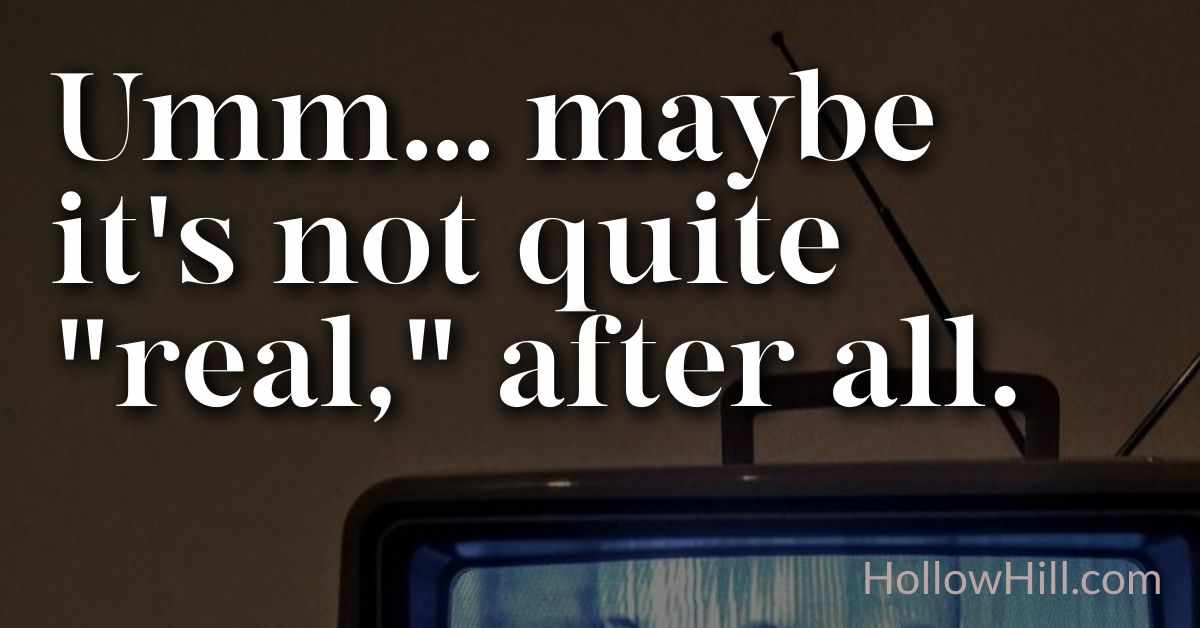
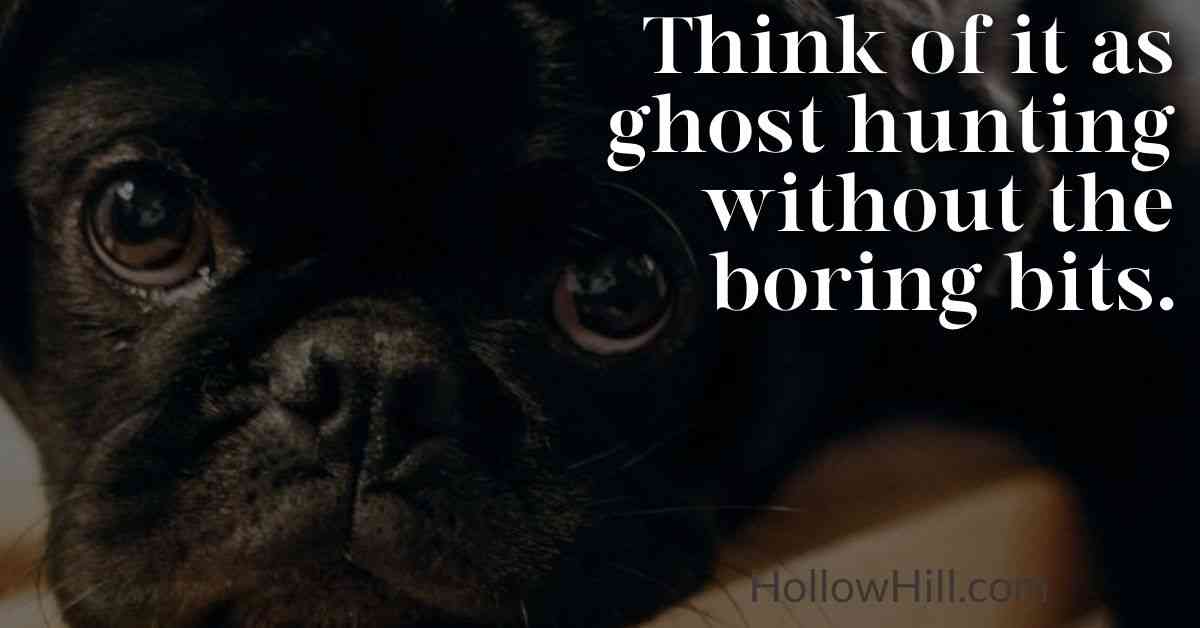
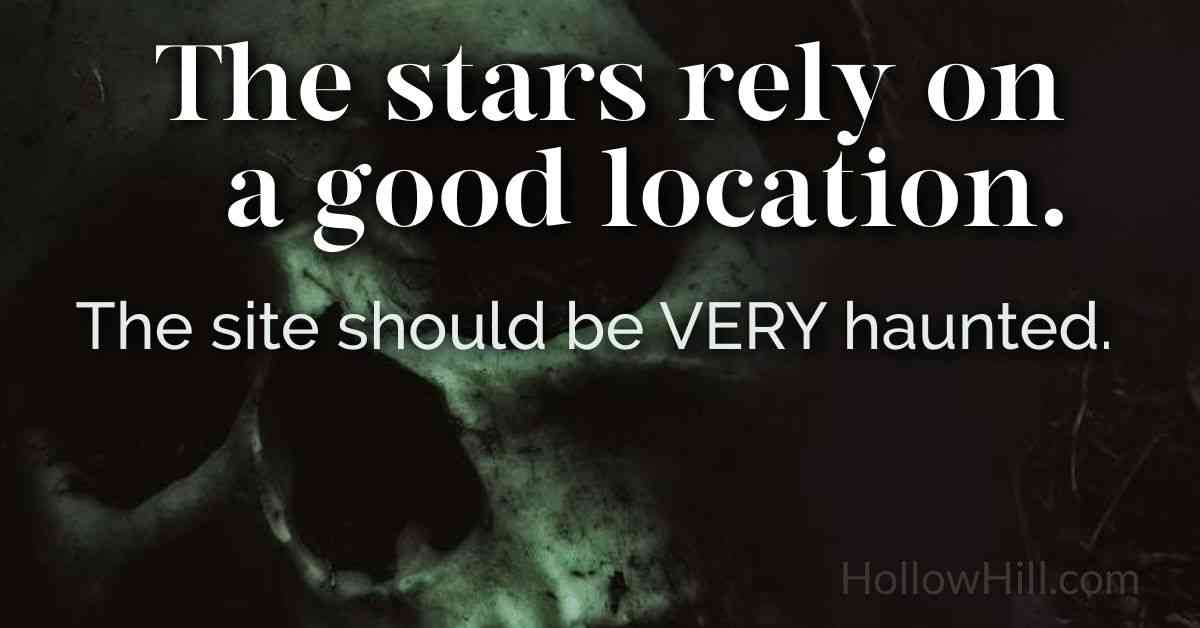
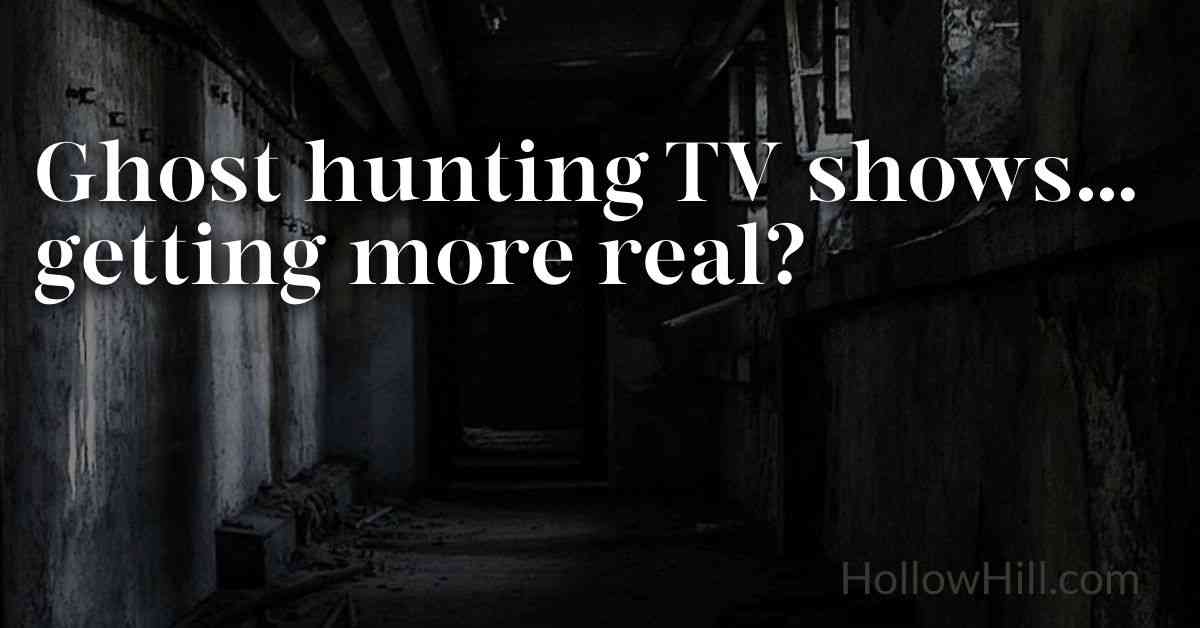
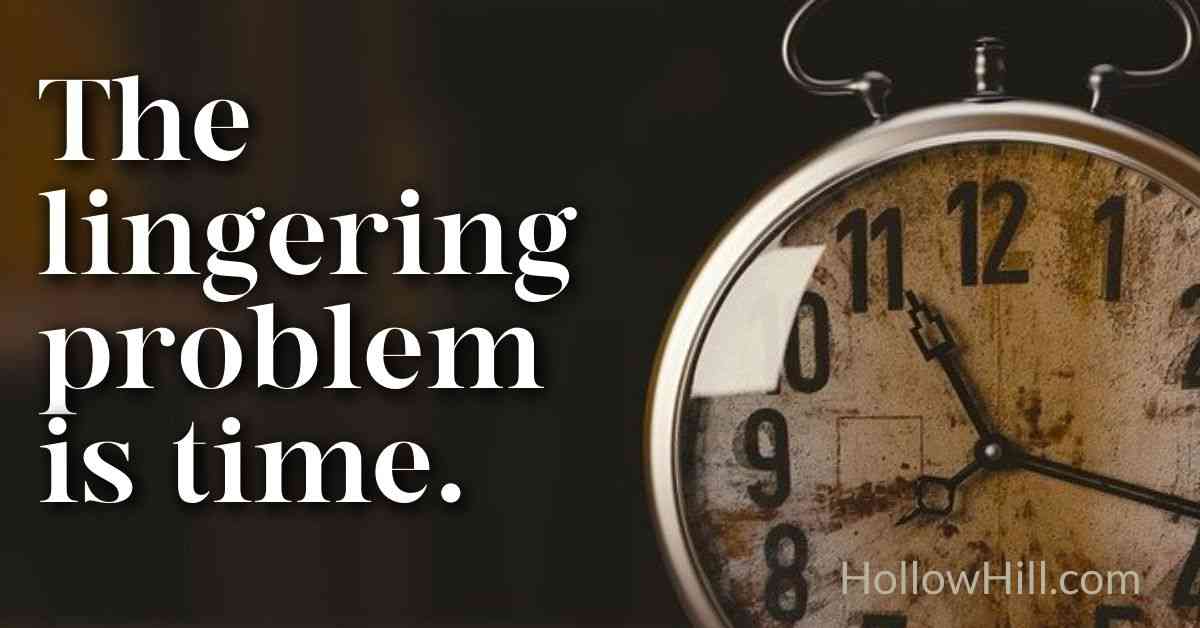
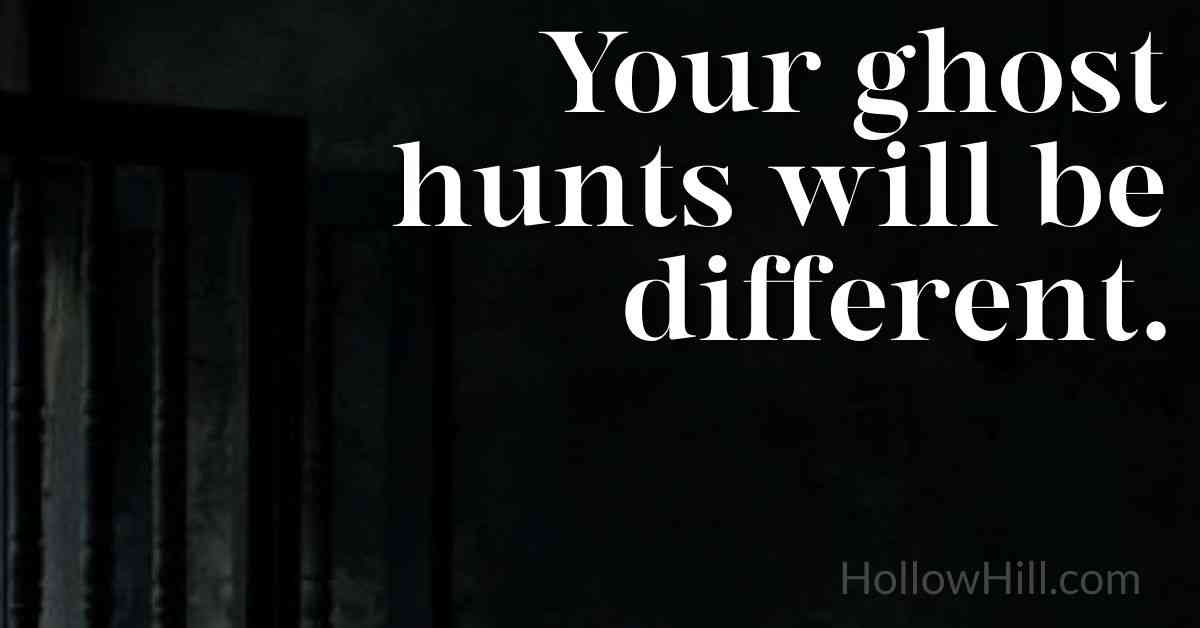
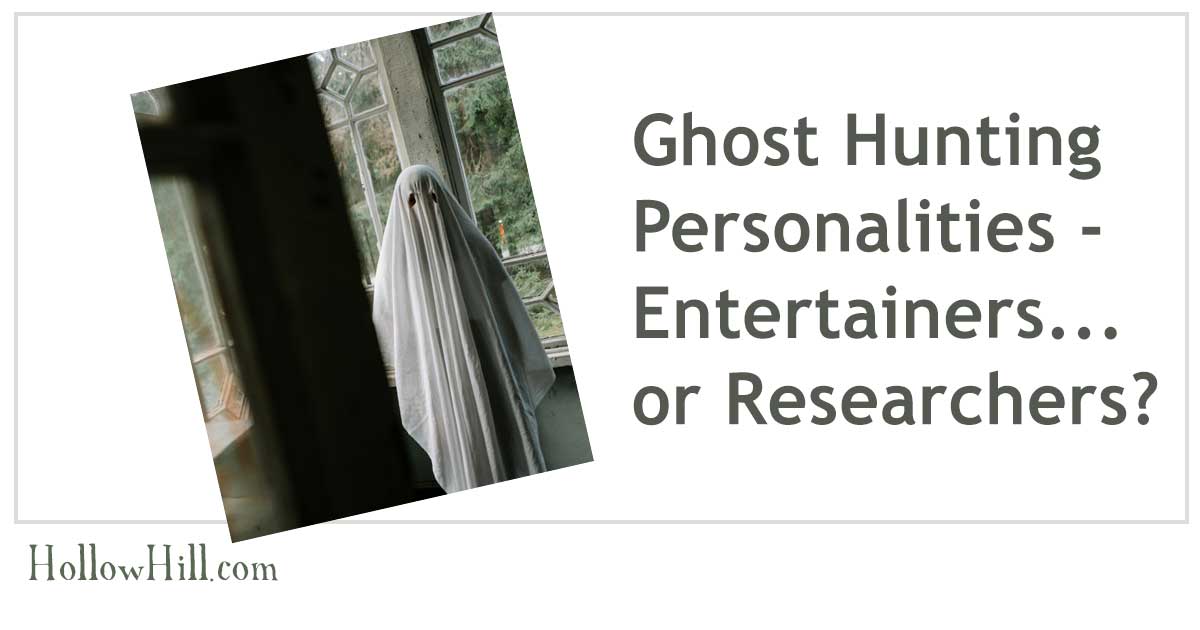
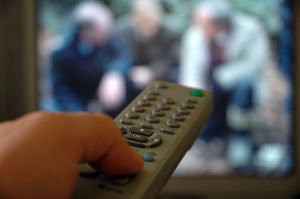
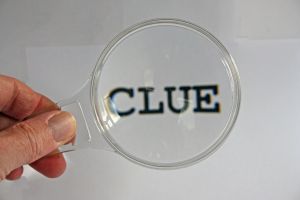
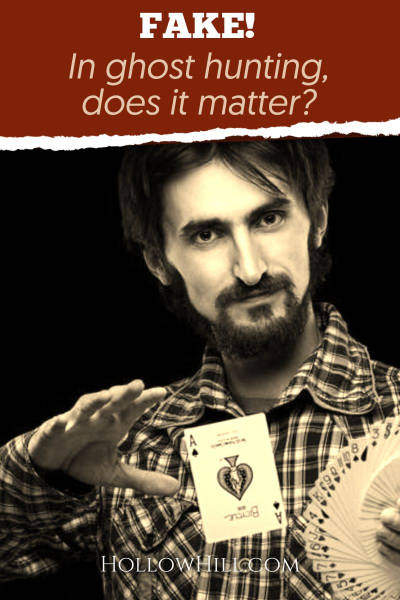
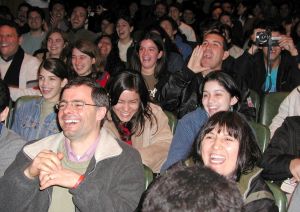 Many people enjoy ghost-related TV shows, ghost tours, dinner and stage presentations, and ghost-themed events.
Many people enjoy ghost-related TV shows, ghost tours, dinner and stage presentations, and ghost-themed events. If that’s what draws you to paranormal research, get involved with a good research group, or start one yourself.
If that’s what draws you to paranormal research, get involved with a good research group, or start one yourself. When any subject is featured on several TV shows, some people get involved for fame and fortune.
When any subject is featured on several TV shows, some people get involved for fame and fortune.